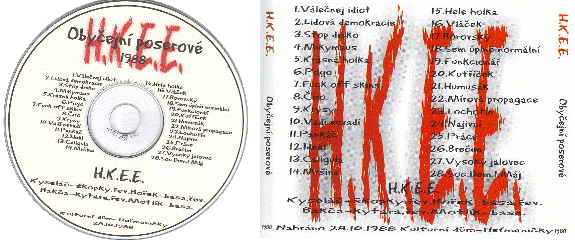As the world becomes more interconnected and global trade continues to grow, it is crucial to establish clear and fair customs valuation agreements. The General Agreement on Tariffs and Trade (GATT) provides a set of principles for such agreements, known as the Agreement on Customs Valuation. In this article, we will explore the general principles of this agreement and their significance in international trade.
The Agreement on Customs Valuation establishes a uniform system for the valuation of goods traded between countries. It aims to ensure that customs duties and taxes are based on the actual value of the goods being imported or exported, rather than being arbitrarily set by the customs authorities. The agreement also promotes transparency and predictability in customs valuation procedures.
One of the key principles of the agreement is the “transaction value method.” This method requires that the customs value of imported goods be based on the price actually paid or payable for the goods in the transaction between the buyer and seller. Under this method, certain adjustments may be made to the price to account for certain elements, such as freight and insurance costs that are not included in the transaction price.
Another principle of the agreement is the “identical or similar goods” method. This method provides for the use of the transaction value of identical or similar goods when determining the customs value of imported goods. This is particularly useful when the goods being imported are not sold in the country of import, or when the transaction value method cannot be used for other reasons.
Other principles of the agreement include the use of objective and quantifiable data in customs valuation, the consideration of all relevant factors in determining the customs value of goods, and the provision of customs valuation information to importers and exporters.
The implementation of the Agreement on Customs Valuation has several benefits for international trade. It promotes fair competition by ensuring that customs duties and taxes are based on the actual value of the goods being traded. This helps prevent the distortion of markets and the unfair advantage of certain industries or countries. It also provides greater transparency and predictability in customs valuation procedures, which make it easier for businesses to plan and conduct their operations.
In conclusion, the General Agreement on Tariffs and Trade provides a crucial set of principles for the establishment of fair and transparent customs valuation agreements. The Agreement on Customs Valuation promotes the use of objective and quantifiable data, and ensures that customs duties and taxes are based on the actual value of the goods being traded. By implementing these principles, international trade can become more equitable and beneficial for all parties involved.






 Publikováno v kategorii Nezařazené
Publikováno v kategorii Nezařazené